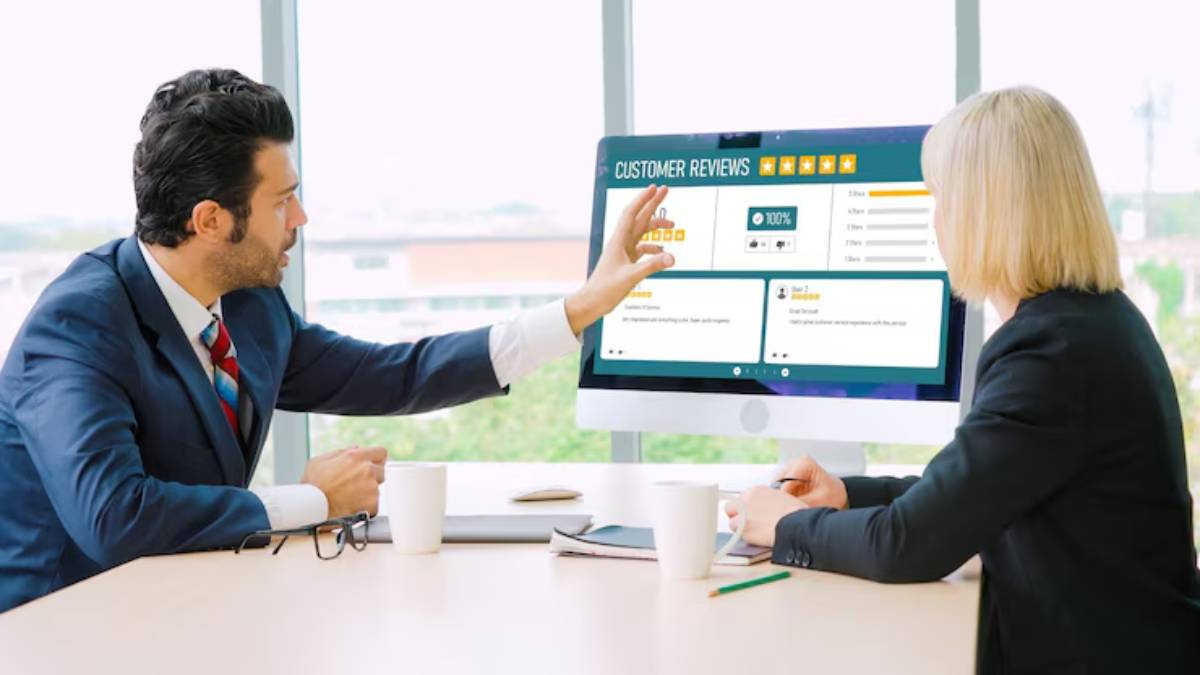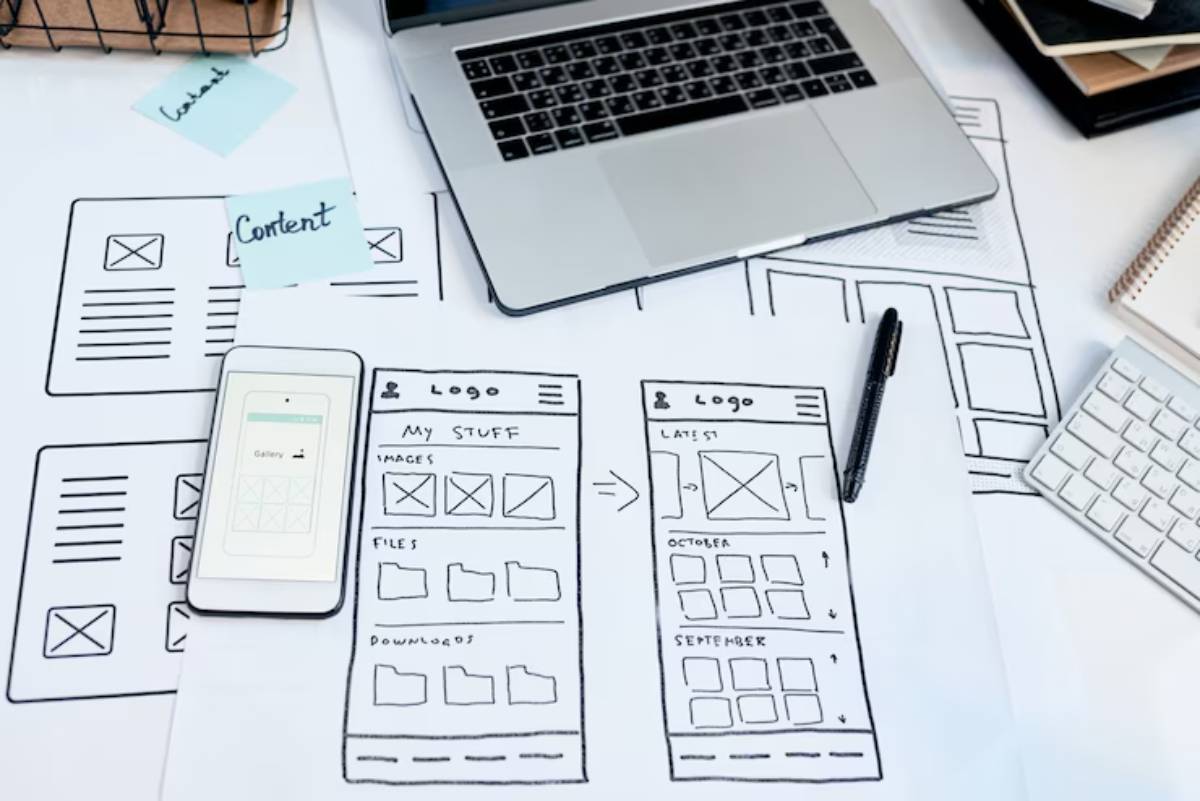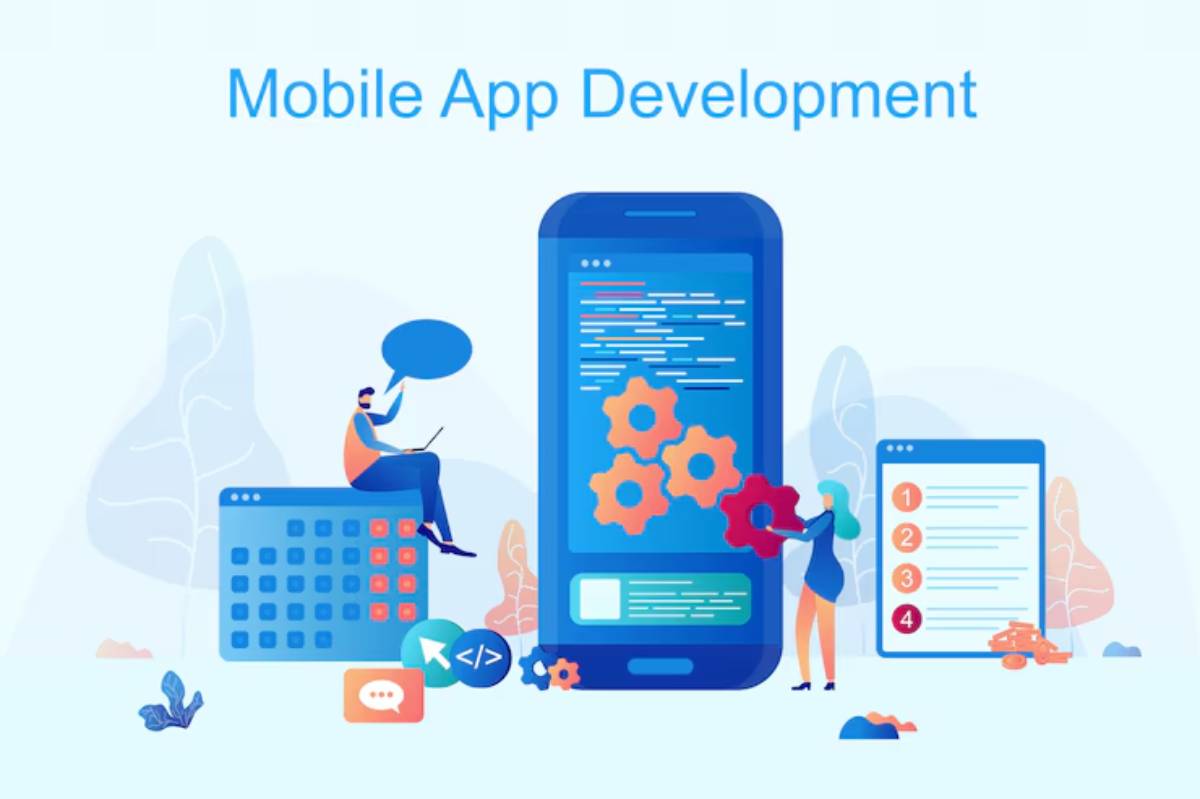
Developing a Mobile App That Sells
Many apps are created. Few apps succeed.
Smart mobile app development must focus on both function and business success. Without clear app monetisation and a strong app market strategy, even the best products can fail.
This guide shows how to create an app that not only works beautifully — but sells, grows, and thrives.
Why Most Mobile Apps Fail to Sell
It is rarely because of bad ideas.
Most apps fail because they miss:
- Real user need
- Clear revenue strategy
- Strong marketing and positioning
Developing and selling must work together from day one.
Start with a Clear Problem and Solution
Apps that sell solve specific problems. They make life easier, faster, smarter, or cheaper.
Good starting questions:
- What pain point does your app solve?
- How do users solve this problem today?
- Why is your app better or easier?
Clarity here guides everything — design, features, marketing, and pricing.
Define Your Target Audience Deeply
Selling starts with knowing who you are helping.
Create clear user profiles:
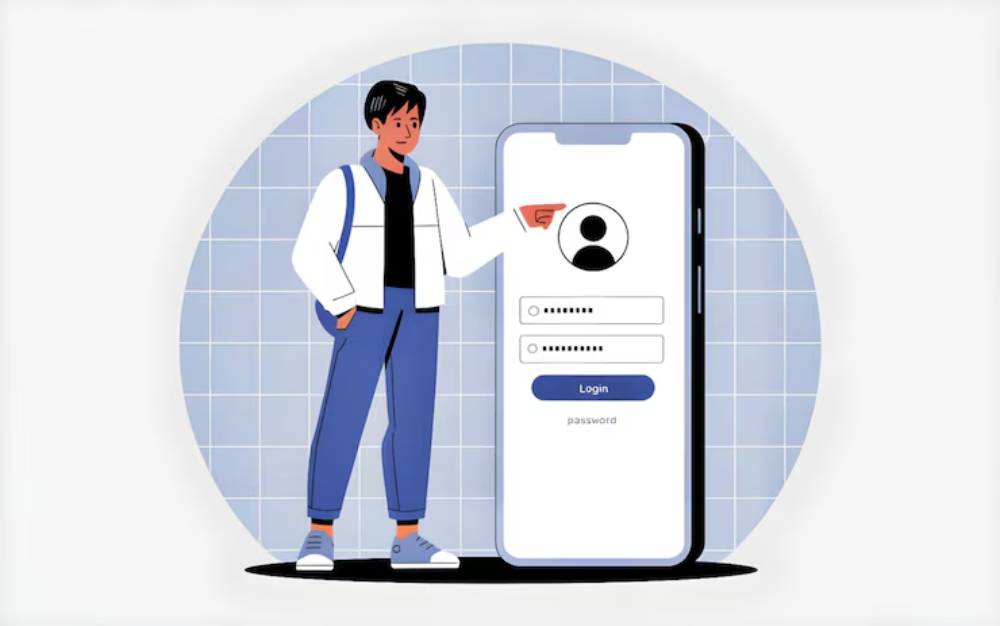
- Age, job, interests, and tech habits
- Daily struggles your app can fix
- What features they value most
- Where they spend time online
Speaking directly to your audience wins trust and downloads.
Build a Simple, Focused MVP
The first version of your app must be light and sharp.
MVP (Minimum Viable Product) tips:
- Focus only on the core problem
- Cut non-essential features for faster launch
- Prioritise speed, simplicity, and reliability
Apps that try to do everything fail. Apps that do one thing brilliantly succeed.
Create a Monetisation Plan Early
Decide from the start how your app will earn money.
Common app monetisation models:
- Freemium (free app with premium upgrades)
- Subscriptions (recurring payments)
- Paid downloads (one-time fee)
- In-app purchases (buy extras inside the app)
- Ads (carefully placed, respectful advertising)
Choose the model that fits your app’s purpose and users’ habits.
Design with Selling in Mind

Design is not just about beauty — it drives behaviour.
Sales-focused design tips:
- Clear call-to-action buttons (e.g., “Start Free Trial” or “Unlock Premium”)
- Easy upgrade paths from free to paid versions
- Highlight key benefits visually
- Remove unnecessary steps or clicks
Every tap should feel natural — and move users closer to paying.
Prepare a Pre-Launch Marketing Strategy
Start marketing before you launch.
Pre-launch marketing steps:
- Build a landing page for early sign-ups
- Offer sneak peeks or beta access to collect feedback
- Grow an email list of interested users
- Share your journey on social media to build hype
Early buzz builds momentum — and helps you test messages and positioning.
Optimise Your App Store Listings
Your app’s store page is where many users make buying decisions.
Strong app store listings include:
- Clear, keyword-rich title and subtitle
- Compelling description focused on benefits
- High-quality screenshots and videos showing the app in action
- Honest, visible user reviews and ratings
Good app store optimisation increases visibility and trust instantly.
Launch Strategically
Launch is not one day — it is a campaign.
Good launch tactics:
- Announce to your email list and social followers first
- Offer limited-time promotions or bonuses for early downloads
- Reach out to bloggers, tech journalists, and influencers
- Share user success stories as they happen
A strong launch sets the tone for growth.
Focus on Retention Before Expansion
Keeping users is cheaper than finding new ones.
Retention techniques:
- Smart, non-intrusive push notifications reminding users of value
- Personalised content or feature suggestions based on usage
- Regular updates improving features based on feedback
- Quick, friendly customer support channels
Loyal users leave good reviews, recommend your app, and drive long-term revenue.
Use Analytics to Guide Every Decision
Without tracking, you are guessing.
Important metrics to monitor:
- Downloads and installs
- Daily and monthly active users (DAU/MAU)
- Retention rates at 1 day, 7 days, and 30 days
- Conversion rates from free to paid
- Churn rates (how many users leave)
- Revenue per user
Use tools like Firebase, Mixpanel, or App Annie to collect and understand your data.
Bonus: Build a Brand, Not Just a Product
Apps that sell long-term become brands users trust and love.
Ways to build a brand:
- Use consistent colours, logos, and voice across app and marketing
- Focus on mission and values users can relate to
- Celebrate user success stories, not just features
- Grow communities around your app on social media or Discord
Brands create loyal users — not just one-time downloaders.
Common Mistakes That Stop Apps from Selling
- Building without clear monetisation plans
- Ignoring user feedback after launch
- Overcomplicating onboarding and user flows
- Spending all budget on development, not marketing
- Focusing only on downloads, not daily usage and retention
Smart developers think about the full user journey — not just building a cool product.
Quick Checklist for Developing an App That Sells
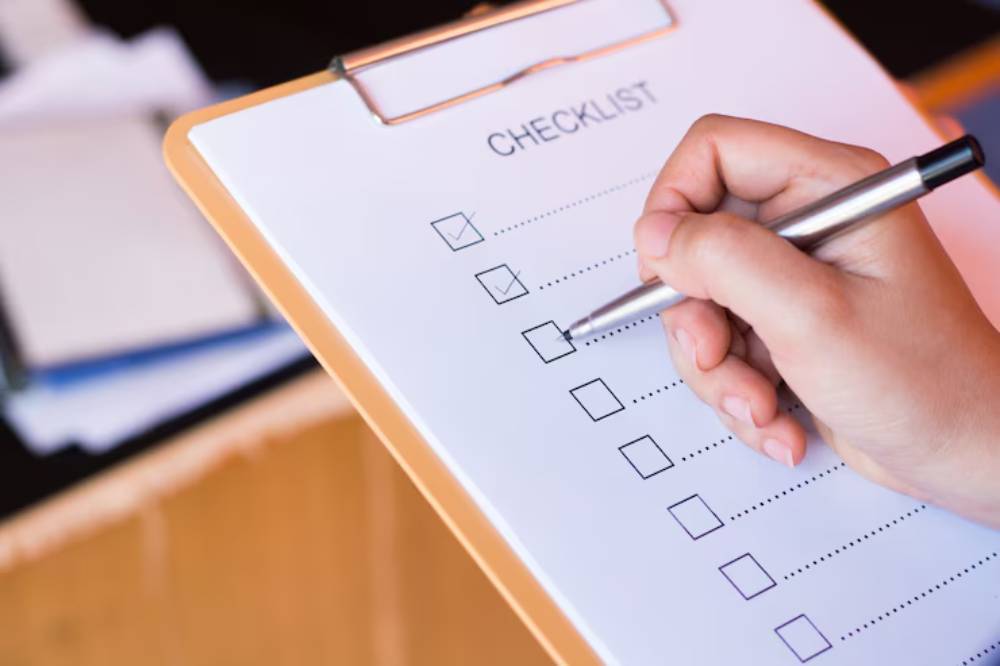
- Clear, specific user problem identified?
- Target audience defined deeply?
- MVP simple, clean, and focused?
- Monetisation plan set before coding begins?
- Pre-launch marketing underway?
- App store listing optimised for search and conversions?
- Early users engaged through feedback and improvements?
- Launch treated as a campaign, not a single day?
- Key metrics tracked from day one?
- Brand building activities in place?
Tick these boxes to give your app the best chance of success.
Great Apps Solve Problems — and Market Themselves Smartly
In 2025, good ideas are everywhere. Execution — and smart selling — make the difference.
Successful mobile app development balances technical skill with business thinking. Strong app monetisation and a user-first app market strategy transform downloads into profits.
Solve real problems. Focus deeply on user experience. Sell with clarity and heart.
That is how you develop an app that sells — and keeps selling.
Call to Action
Planning your mobile app launch?
Start with the user, not just the code. Plan your revenue model and marketing early.
Want a free mobile app development checklist or a starter guide to app market strategy? Just ask — it’s ready to help your readers build, launch, and sell smarter.

